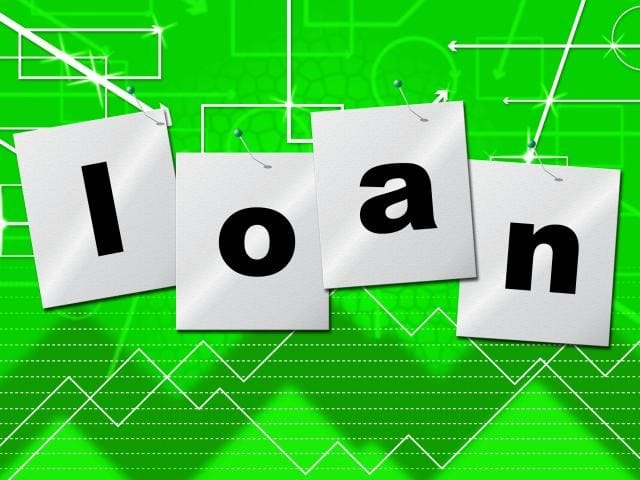Rewrite this article:

If you have a new business idea or a plan to expand your existing business, your ability to achieve your goals may depend on your ability to receive financing. A transparent understanding of small business loan requirements can better prepare you for the types of questions a bank might ask and what you will need to provide.
You and your business
Although business and personal loans are different, you will likely find that your ability to obtain financing for your small business depends on your own history and characteristics.
Banks expect borrowers to provide basic personal information. This includes current and previous addresses, education level, criminal record and a credit report, as well as other information. A lender's willingness to extend credit to your business will depend directly on your financial situation, such as your current income-to-debt ratio, your debt history, and your ability to put up personal assets as collateral.
Obtaining a small business loan may also be determined by your ability to convince your loan specialist that your business plan is viable. This will depend on your experience, training, credibility and ability to present a well-designed plan.
Small Business Loan Bank Requirements
What exactly do lenders expect from you when considering a small business loan for your business? Here are some general loan requirements to check before submitting a loan application:
1. Personal credit history
Unless your business is already well-established and profitable, your personal credit history will supersede your business's financial history. Before you try to apply for a small business loan, it's a good idea to understand where your credit stands. each credit bureau and whether improvements need to be made.
2. Business plan
In most cases, your ability to repay your business loan will directly depend on the success of your business, so lenders will want to see a viable business plan. Business loans are only distributed when there is a predictable rate of return on investment for the capital provided. Your business plan should be a strategic document that includes an overview of your business goals, a competitive analysis, a marketing plan, and well-researched data on pricing and cost factors.
3. Company History and Projections
If you have an existing business, your lender will want to review a list of the organization's liabilities and assets to ensure your business is not financially overextended. Balance sheets and cash flow statements provide lenders with a dynamic representation of your business's growth and success, or failure. If your business has not been fortunate enough to build this type of history, you will need to demonstrate credible projections that give your creditors confidence in your ability to repay the loan.
4. Asset base
Most banks will not release funds without securing them against an asset. For a large business, assets may include machinery, office equipment, or any real estate owned by the organization. Companies can also use shares and intellectual property as an asset if they have a fair market value. In some cases, the bank will request a guarantee. However, this is usually only necessary for low-rate installment debt and startup loans. Using personal property is possible, but not always preferable.
5. Industry Experience
Banks rarely provide loans to individuals working in a business in which they have no experience. Most creditors will want to see company founders or board members who have the experience and knowledge necessary to build a profitable business. If you don't have experience in your desired industries, add valuable members to your time by searching for business advisors. Not only will this help you get a loan, but these advisors can also play a vital role in resolving issues as you learn about a new industry.
Keep in mind that the entire application process is intended to get the lender to believe in you and your business. While the above criteria are important, your organization, thoroughness, and confidence when presenting information can make or break your ability to receive a small business loan.
Source link








